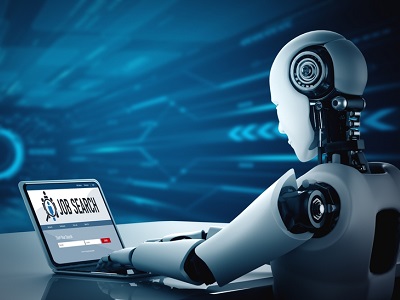

How Will Artificial Intelligence Affect Jobs in the Future?
AI is changing everything — including the world of work. But what does that actually mean for your future job? Will robots take over everything? Will there be any work left for humans? (Spoiler alert: yes, there will.)
This quiz is here to help you understand how AI is likely to affect jobs, now and in the years ahead. You’ll find out which roles might change, what new kinds of jobs could be created, and what skills are going to matter most.
Whether you dream of being a teacher, engineer, artist or game designer, knowing how AI fits into the picture can help you prepare and feel confident. Let’s find out what’s fact, what’s fiction, and how to stay future-ready.
Ready for more?
not all...
quizzers. Try to win a coveted spot on our Hall of Fame Page.






